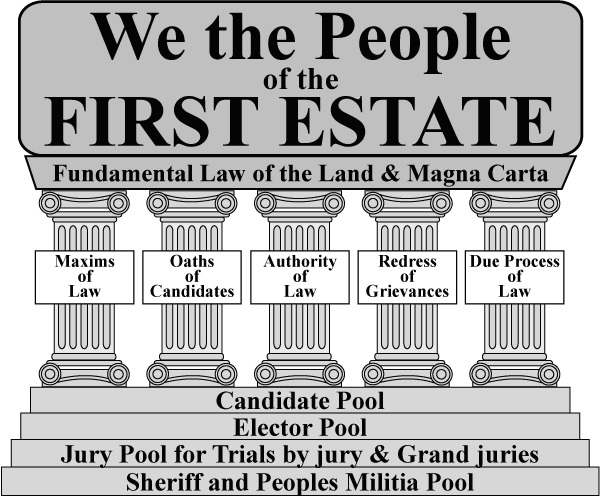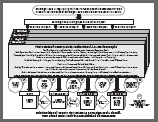Common Law, n. [from common.]
Common Law, n. [from common.]
In Great Britain and the United States, the unwritten law, the law that receives its binding force from immemorial usage and universal reception, in distinction from the written or statute law. That body of rules, principles and customs which have been received from our ancestors, and by which courts have been governed in their judicial decisions. The evidence of this law is to be found in the reports of those decisions, and the records of the courts. Some of these rules may have originated in edicts or statutes which are now lost, or in the terms and conditions of particular grants or charters; but it is most probable that many of them originated in judicial decisions founded on natural justice and equity, or on local customs.



 Email Article
Email Article
Reader Comments